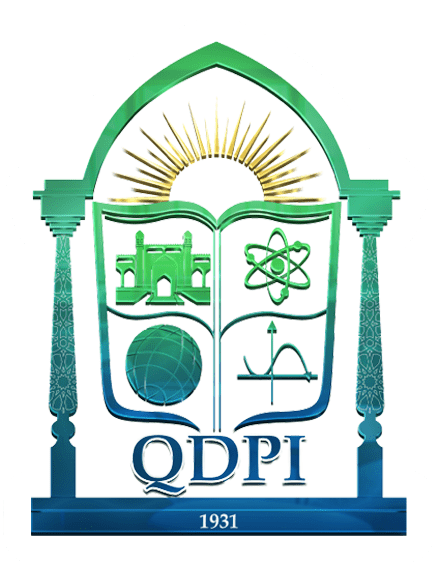ENHANCING STUDENTS`SPEAKING SKILLS THROUGH ENGLISH LITERATURE AND LITERARY TEXTS
Referat
This article explores the significant impact that English literature can have on the development of students' oral communication skills. The article examines the ways in which literature serves as a tool for strengthening students' oral abilities, focusing on the integration of literary analysis, discussion, and performance.
Kalit so'zlar:
Mualliflar haqida
Adabiyotlar ro'yxati
Putra, Suatmo. (2018). Improving Students’ English Skill through Teaching Literature as its Unique Discourse. EnJourMe (English Journal of Merdeka) : Culture, Language, and Teaching of English. -p 220. 1. 10.26905/enjourme.v1i1.1665.
Cook, G. (1994). Discourse and Literature: The Interplay of Form and Mind. Oxford: Oxford University Press. -p 112.
Fokkema. D.W and Kunne-Ibsch, E. (1998). Theories of Literature in the Twentieth Century. -p 178.
Foucault, M. (1979). What is an author? In J.V. Harari (Ed.), Textual strategies: Perspectives in Post-Structuralist Criticism. London: Longman. -p 240.
Khabibova, M. (2024). Linguocultural Study as a “Container” for Cultural Information. Conference Proceedings: Fostering Your Research Spirit, -p 371 . https://doi.org/10.2024/253vrp34
Jakobson, R. (1960). Closing Statement: Linguistics and Poetics. In T. A. Sebeok (Ed.) Style in Language. Cambridge, MA: The MIT. Press. -p 48.
Akhmedova, N. (2024). REQUIREMENTS FOR A MODERN FOREIGN LANGUAGE LESSON. In CENTRAL ASIAN JOURNAL OF ACADEMIC RESEARCH -p 15. (Vol. 2, Number 6, pp. 13–15). Zenodo. https://doi.org/10.5281/zenodo.12204401

